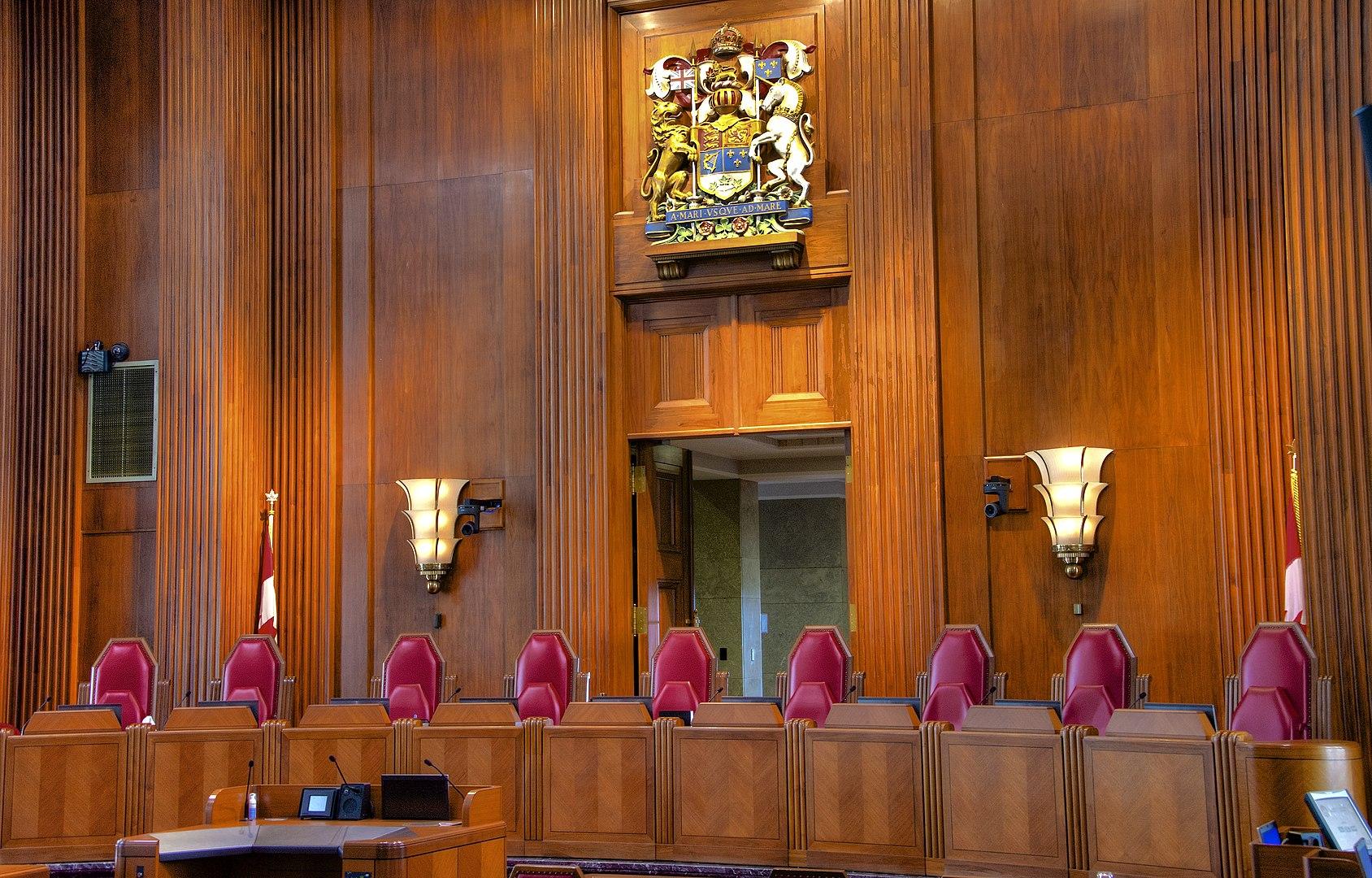Canada News
Supreme Court Justice recuses himself from Quebec secularism law case

Jamal resigned from the CCLA board on June 24, 2019, when he was appointed to the Court of Appeal for Ontario. (File Photo By Jamie McCaffrey/Wikimedia Commons, CC BY 2.0)
CBC News, RCI
Jamal doesn’t want allegations to become a distraction, insists they’re merit-less
Supreme Court Justice Mahmud Jamal has decided to recuse himself from hearing a challenge to Quebec’s secularism law after the provincial government and two advocacy groups argued his partiality in the appeal.
The Justice, however, says there is no legal basis for his recusal and that he’s removing himself so his participation does not become a distraction during the hearing, according to a letter written by court registrar Chantal Carbonneau.
Carbonneau writes that Jamal believes the partiality allegations against him are without merit and fail to meet the high threshold
to establish the grounds to rebut the ‘strong presumption’ of judicial impartiality for a judge of this Court.
The letter, sent on Tuesday, was posted to the Mouvement Laïque Québécois‘ website, one of the groups that called into doubt Jamal’s partiality along with Pour les droits des femmes du Québec and the attorney general of Quebec.
They argued Jamal’s participation as board president for one of the plaintiffs in the English Montreal School Board, et al. v. Attorney General of Quebec, et al. (new window)case warranted his disqualification from hearing the appeal.
From 2006 to 2019, Jamal was on the board of directors of the Canadian Civil Liberties Association (CCLA), which along with the National Council of Canadian Muslims filed a legal challenge on June 17, 2019 in Quebec Superior Court to stay the application of the secularism law and declare it invalid.
Quebec’s secularism law — commonly known as Bill 21 — prevents public school teachers, police officers, judges and government lawyers, among other civil servants in positions of authority, from wearing religious symbols, such as hijabs, crucifixes or turbans, while at work.
Jamal resigned from the CCLA board on June 24, 2019, when he was appointed to the Court of Appeal for Ontario. He was nominated to the Supreme Court of Canada in 2021. Before he was appointed as a judge, Jamal was a lawyer with Osler, Hoskin & Harcourt.
Written by Cassandra Yanez-Leyton with files from Holly Cabrera
This article is republished from RCI.





















